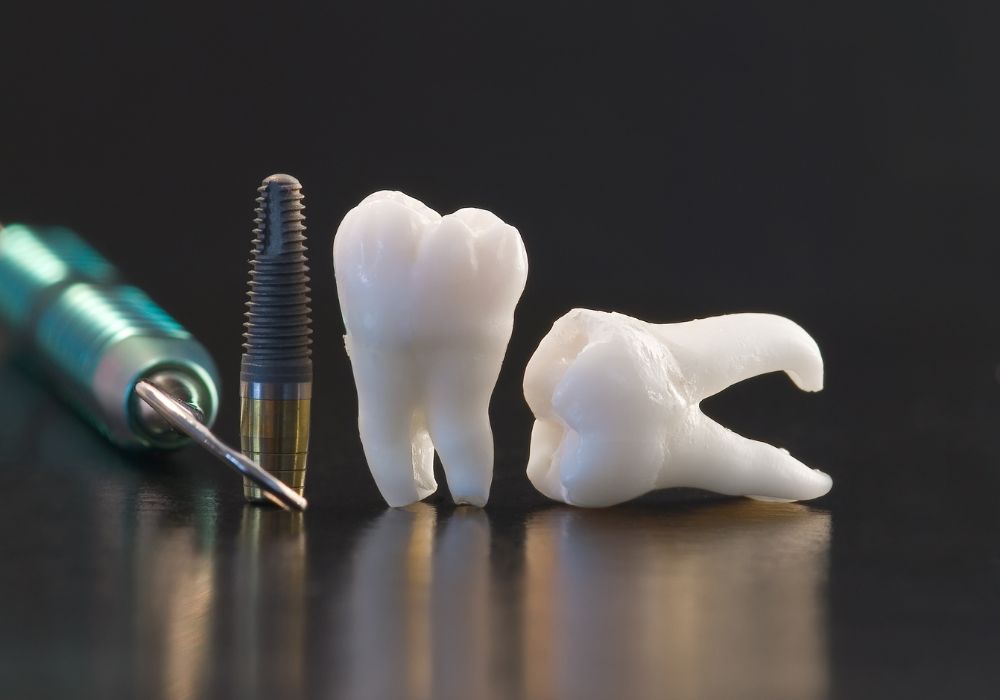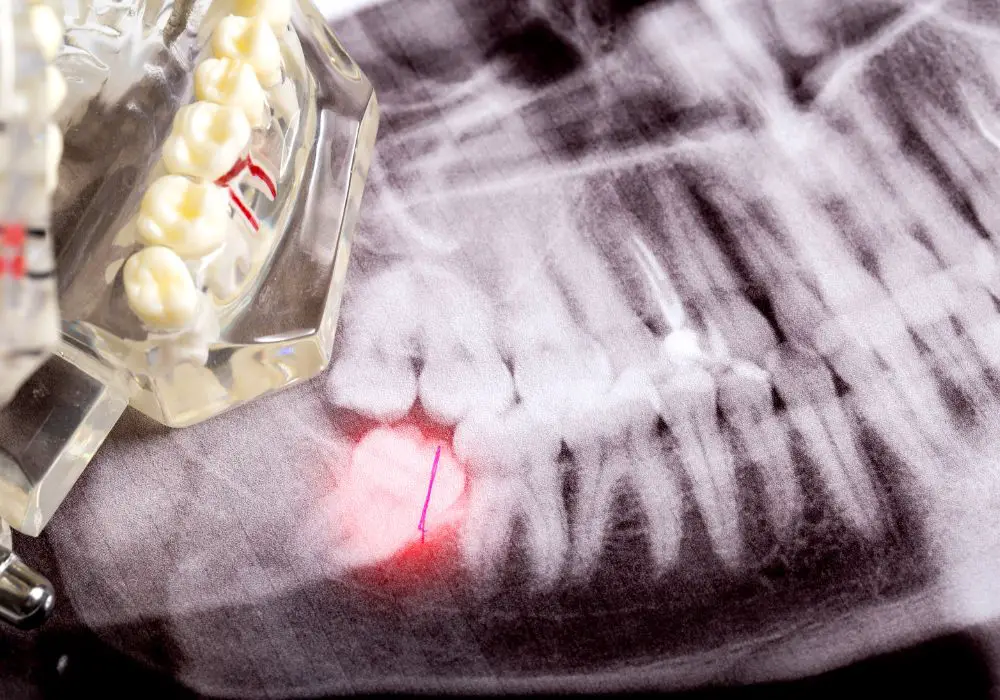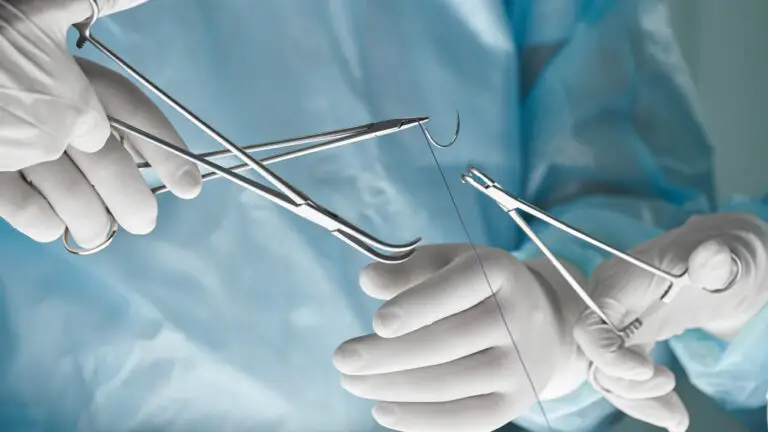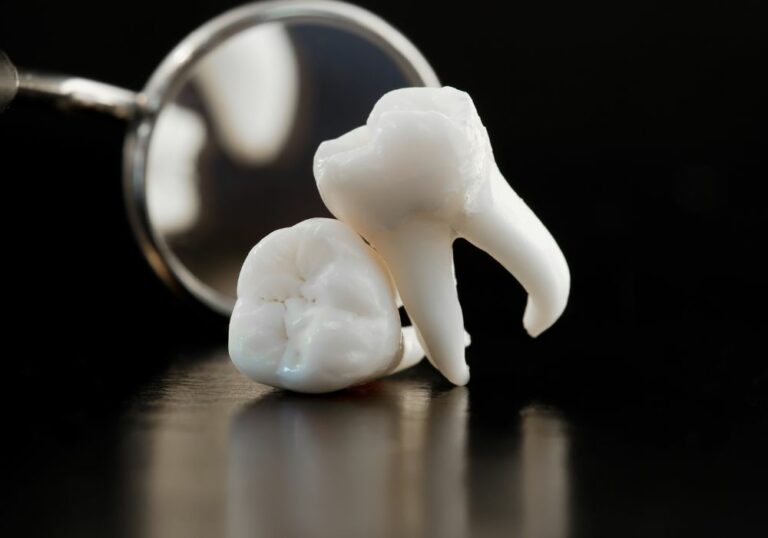Have you been putting off getting your wisdom teeth removed? Maybe you’re not experiencing any pain or discomfort, so you figure it’s not a pressing issue. But how long can you really go without getting them removed? The answer to this question varies from person to person, but there are some general guidelines to keep in mind.
Wisdom teeth typically start to come in between the ages of 17 and 25. If they come in properly aligned and there’s enough room in your mouth, you may not need to have them removed at all. However, if they’re impacted (meaning they don’t have enough room to come in properly) or causing other dental issues, you’ll likely need to have them extracted. It’s important to note that even if you’re not experiencing any pain or discomfort, impacted wisdom teeth can still cause damage to nearby teeth and gums over time.
So, how long can you go without getting your wisdom teeth removed? It’s recommended that you have them removed as soon as possible once it’s determined that they need to come out. Delaying the procedure can lead to more complicated extractions down the line and increase the risk of complications. However, if you’re unable to have them removed for whatever reason, it’s important to maintain good oral hygiene and visit your dentist regularly to monitor their impact on your dental health.
Understanding Wisdom Teeth

Wisdom teeth are the last set of molars that typically emerge in your late teens or early twenties. These teeth are located at the back of your mouth, behind your second molars. Most people have four wisdom teeth, but some may have fewer or none at all.
Wisdom teeth can cause problems when they don’t have enough room to emerge or grow properly. This can lead to a variety of issues, including pain, infection, and damage to neighboring teeth. In some cases, wisdom teeth may also contribute to the development of gum disease and tooth decay.
If you experience any of these symptoms, it’s important to see your dentist as soon as possible. They can evaluate your wisdom teeth and determine whether they need to be removed.
It’s worth noting that not everyone needs to have their wisdom teeth removed. Some people may have enough room in their mouth for their wisdom teeth to grow in without causing any problems. Others may have wisdom teeth that are healthy and properly positioned, and therefore don’t require removal.
Ultimately, the decision to remove your wisdom teeth will depend on a variety of factors, including your age, overall oral health, and the position of your teeth. Your dentist can help you determine whether wisdom teeth removal is necessary and what the best course of action is for your individual needs.
The Need for Removal
When it comes to wisdom teeth, not everyone needs to have them removed. However, there are several reasons why you might need to have them extracted. Here are some of the most common reasons:
Impacted Wisdom Teeth
Impacted wisdom teeth occur when there is not enough room in your mouth for them to grow properly. This can cause them to become trapped beneath the gum line, which can lead to infection, pain, and swelling. In some cases, impacted wisdom teeth can even damage nearby teeth or cause cysts to form.
Crowding
If your mouth is already crowded, adding four more teeth to the mix can cause even more problems. Wisdom teeth can push your other teeth out of alignment, leading to bite problems and even jaw pain.
Decay and Infection
Because wisdom teeth are located so far back in your mouth, they can be difficult to clean properly. This can lead to a buildup of plaque and bacteria, which can cause decay and infection.
Gum Disease
Wisdom teeth can also contribute to gum disease. When they are not properly cleaned, they can cause inflammation and infection in the gums, which can lead to gum disease over time.
Overall, if you are experiencing any pain, swelling, or other symptoms related to your wisdom teeth, it is important to see a dentist as soon as possible to determine if extraction is necessary.
Impacted Wisdom Teeth

If you have an impacted wisdom tooth, it means that your third molar is unable to emerge properly. This can happen when there is not enough space in your mouth for the tooth to grow, causing it to become stuck underneath the gumline or partially emerge through the gumline.
Symptoms
Impacted wisdom teeth can cause a variety of symptoms, including:
- Pain or tenderness in the jaw
- Swelling in the gums or jaw
- Red or bleeding gums
- Bad breath or a bad taste in your mouth
- Difficulty opening your mouth
- Headaches
If you experience any of these symptoms, it is important to see your dentist right away. They can examine your mouth and take X-rays to determine if you have an impacted wisdom tooth.
Risks
Leaving an impacted wisdom tooth untreated can lead to a variety of dental problems, including:
- Gum disease and infection
- Tooth decay and cavities
- Damage to nearby teeth
- Cysts or tumors
- Sinus problems
In some cases, impacted wisdom teeth may not cause any noticeable symptoms or problems. However, it is still important to have them monitored by a dentist or oral surgeon to ensure that they are not causing any damage to your teeth or gums.
If you have an impacted wisdom tooth, your dentist may recommend having it removed. This is typically done through a simple surgical procedure under local anesthesia. Your dentist or oral surgeon can provide you with more information about the risks and benefits of having your wisdom teeth removed.
Delaying Wisdom Teeth Removal
If you have been told that you need to get your wisdom teeth removed, you may be wondering how long you can delay the procedure. While the timing of wisdom teeth removal depends on several factors, it’s important to understand the possible complications and long-term effects of delaying the procedure.
Possible Complications
If you delay wisdom teeth removal, you may experience the following complications:
- Pain and discomfort: Wisdom teeth can cause pain and discomfort as they grow, especially if they are impacted or infected.
- Infection: If you have an impacted wisdom tooth, it can become infected and lead to more serious health problems.
- Damage to other teeth: Wisdom teeth can push against other teeth, causing them to shift or become damaged.
- Cysts and tumors: In rare cases, wisdom teeth can develop cysts or tumors, which can cause serious health problems.
Long-Term Effects
Delaying wisdom teeth removal can also have long-term effects on your oral health. If you don’t have your wisdom teeth removed, you may experience the following problems:
- Crowding: Wisdom teeth can push against other teeth, causing them to become crowded and misaligned.
- Decay: Wisdom teeth can be difficult to clean, which can lead to decay and cavities.
- Gum disease: Wisdom teeth can also increase your risk of gum disease, which can lead to tooth loss and other health problems.
Overall, it’s best to follow your dentist’s recommendation for when to have your wisdom teeth removed. If you have concerns about the procedure, talk to your dentist about your options.
Personal Factors to Consider

When it comes to deciding whether or not to remove your wisdom teeth, there are a few personal factors that you should take into consideration. These factors can affect how long you can go without getting your wisdom teeth removed.
Age
Your age is an important factor to consider when it comes to wisdom teeth removal. If you are in your late teens or early twenties, your wisdom teeth are likely still developing. This means that they may not have fully erupted yet, making them more difficult to remove. Additionally, younger patients tend to have a faster recovery time than older patients.
On the other hand, if you are in your thirties or older, your wisdom teeth may have already fully erupted. This can make them easier to remove, but it can also increase the risk of complications. Older patients may also have a slower recovery time, which can impact how long they can go without getting their wisdom teeth removed.
Overall Health
Your overall health is another important factor to consider. If you have a pre-existing medical condition, such as diabetes or heart disease, you may be at a higher risk of complications during and after the procedure. Additionally, if you are currently taking certain medications, such as blood thinners, you may need to stop taking them before the procedure.
Your dental health is also important to consider. If you have gum disease or other dental problems, you may need to address these issues before getting your wisdom teeth removed. This can impact how long you can go without getting your wisdom teeth removed, as it may take time to address these issues before the procedure can be scheduled.
Ultimately, the decision to get your wisdom teeth removed is a personal one that should be made in consultation with your dentist or oral surgeon. By considering your age, overall health, and dental health, you can make an informed decision about when to get your wisdom teeth removed.
Consulting with a Dental Professional
If you are unsure whether you need to get your wisdom teeth removed or not, it is always best to consult with a dental professional. A dentist or oral surgeon can examine your mouth and take X-rays to determine the position of your wisdom teeth and whether they need to be removed.
During your consultation, you can expect the dental professional to ask you questions about your oral health history, any symptoms you may be experiencing, and your overall health. It is important to be honest and open with your dental professional to ensure that they have all the information needed to make an accurate diagnosis.
If your dental professional determines that your wisdom teeth need to be removed, they will discuss the procedure with you, including the risks and benefits, and answer any questions you may have. They will also provide you with instructions on how to prepare for the procedure and what to expect during and after the surgery.
It is important to follow your dental professional’s instructions carefully to ensure a successful recovery. This may include taking medications as prescribed, avoiding certain foods and activities, and attending follow-up appointments to monitor your healing progress.
Remember, every person’s situation is unique, and the decision to remove your wisdom teeth should be based on your individual needs and circumstances. Consulting with a dental professional is the best way to determine whether you need to get your wisdom teeth removed and to receive personalized advice and guidance on how to proceed.
Frequently Asked Questions
How long does it take to recover from wisdom teeth removal?
Recovery time varies from person to person, but generally, it takes about two weeks to recover fully. During this time, you may experience swelling, pain, and difficulty eating. Your dentist will provide you with instructions on how to care for your mouth during the recovery period.
Do wisdom teeth have to be removed?
Not all wisdom teeth need to be removed. Wisdom teeth that are healthy, fully erupted, and properly positioned may not need to be removed. However, if your wisdom teeth are causing problems, such as pain, infection, or damage to adjacent teeth, your dentist may recommend that you have them removed.
What happens if you wait too long to remove wisdom teeth?
If you wait too long to remove your wisdom teeth, they may cause problems such as infection, damage to adjacent teeth, or even cysts or tumors. In some cases, waiting too long can also make the extraction more difficult and increase the risk of complications.
Is it OK if you don’t remove wisdom teeth?
If your wisdom teeth are healthy, fully erupted, and properly positioned, it may be OK to leave them in place. However, if they are causing problems or are at risk of causing problems in the future, your dentist may recommend that you have them removed.
What are the disadvantages of removing wisdom teeth?
Removing wisdom teeth can have some disadvantages, such as pain, swelling, and difficulty eating during the recovery period. In some cases, there may also be a risk of complications, such as infection or nerve damage. However, these risks are relatively low, and most people recover without any problems.
Can you keep your wisdom teeth if they don’t hurt?
If your wisdom teeth are healthy, fully erupted, and properly positioned, you may be able to keep them even if they don’t hurt. However, your dentist may recommend that you have them removed if they are at risk of causing problems in the future. It’s important to discuss your options with your dentist to determine the best course of action for your individual situation.







